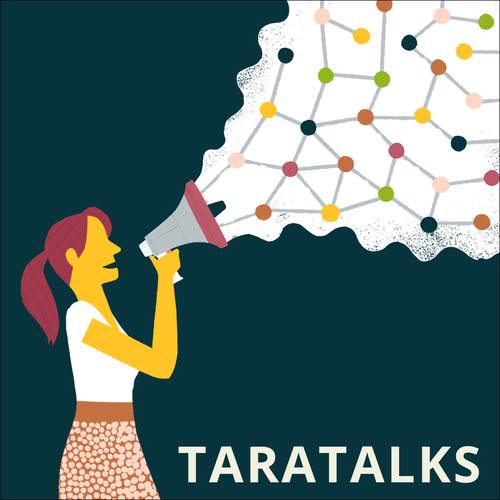If you are reading this and are a woman in a STEM + field or any underrepresented minority, I can hear you laughing. Yes, many organizations have made progress in helping STEM + women feel more included (remember when you had to climb four floors to reach the only ladies’ room in the building?). Yes, some organizations have made even more progress, helping to empower women and provide recognition, so STEM + women feel more valued. And, yes, a few organizations have made focused efforts to equalize pay.
For organizations doing good work in DEI on behalf of STEM + women, keep it up! But remember, DEI is never done. It is a continuous improvement process.
Ultimately, the end goal of DEI is equity in growth opportunities, whether it is access to stretch assignments, lateral moves, or promotions. Just like their men counterparts, STEM + women want to have meaningful work, continue to learn and tackle new challenges, grow their careers, be financially independent, and support their families.
According to Gotara’s three years of research, growth opportunities for STEM + women are still the missing link in DEI results. This is leaving women to wonder whether the true end goal is just “lip service,” or is society simply at the next phase of understanding and implementing robust DEI solutions.
To those who think DEI initiatives are unnecessary or call for the defunding of DEI programs, I encourage you to understand the concept and how these efforts make an organization successful and allow its team members to flourish. In the end, if deployed well, DEI initiatives help us all. I have personally seen this play out in every one of my leadership roles. Business impact accelerated as my teams became more diverse, and I am proud to say I grew as a leader by hiring, developing, and leading diverse teams. For more on the need for DEI, see my recent blog.
Business leaders, do you have gender equality at all levels of management? If not, here are some best practices Gotara has learned by working with companies worldwide.
- Invest in scalable mentoring, coaching, and upskilling for your diverse talent to equalize the unconscious privilege in the workplace.
- Actively and aggressively seek out diverse talent when promotion opportunities are identified.
- Work with managers to identify and address any bias in hiring, performance rating, and developing diverse talent.
- Invest in your managers—provide upskilling, mentoring, and coaching that goes beyond surface-level DEI training. Support managers as they dive deep into specific management skills to create higher-performing teams and increase personal success.
How is your organization progressing with DEI initiatives? And what are your best practices?




